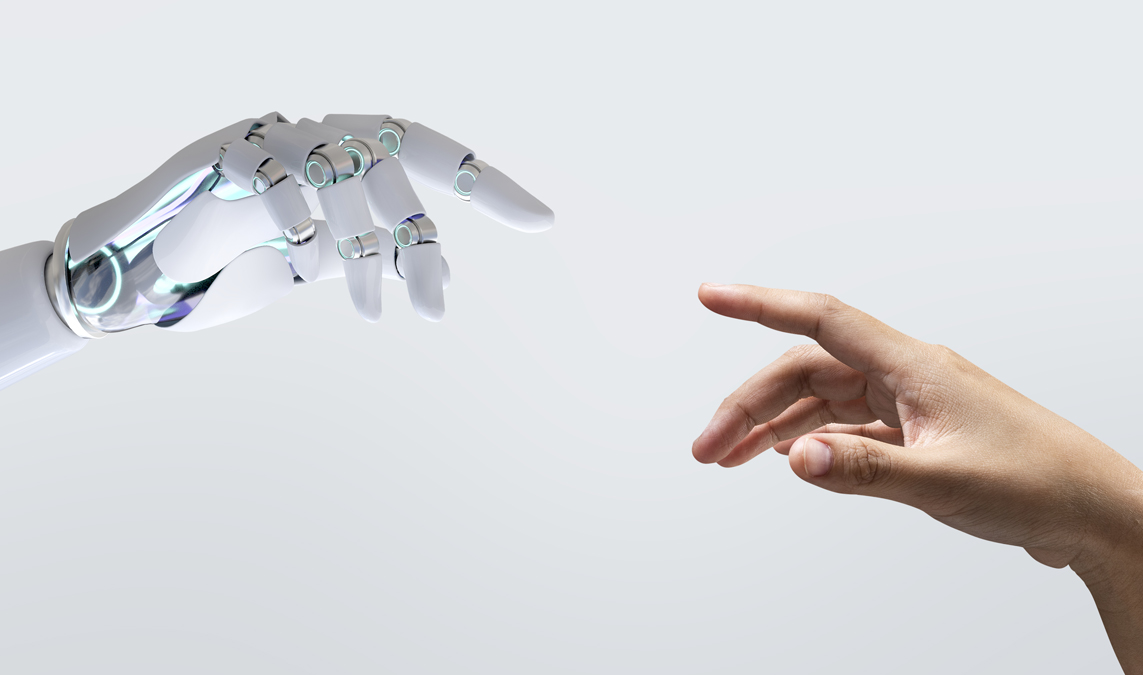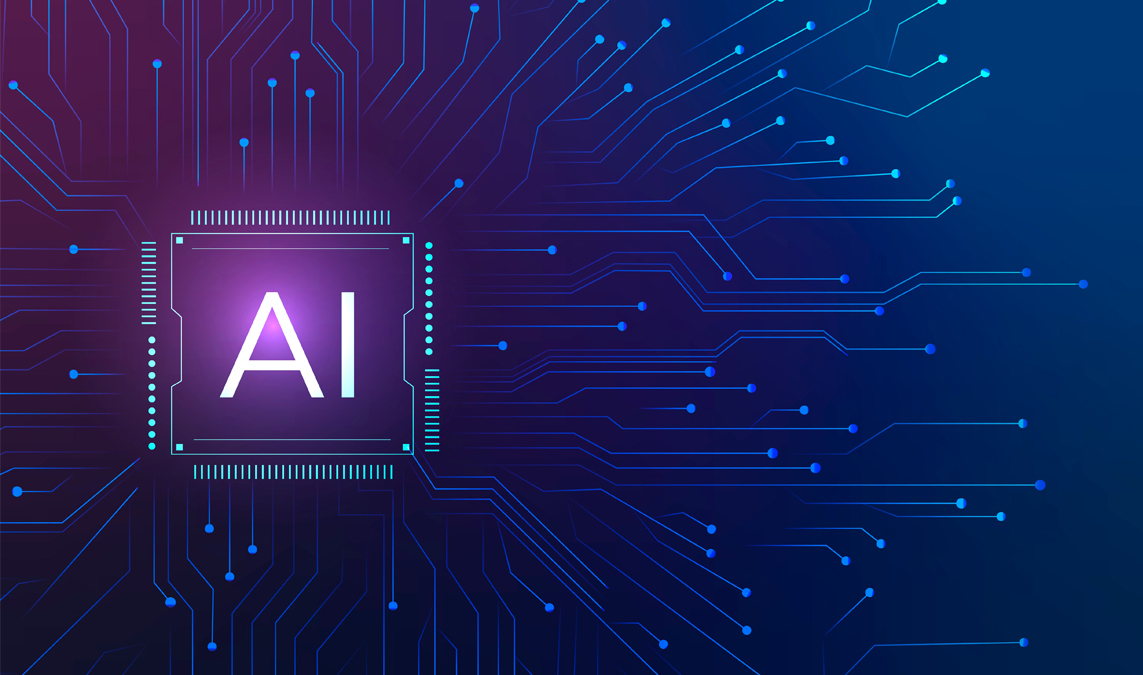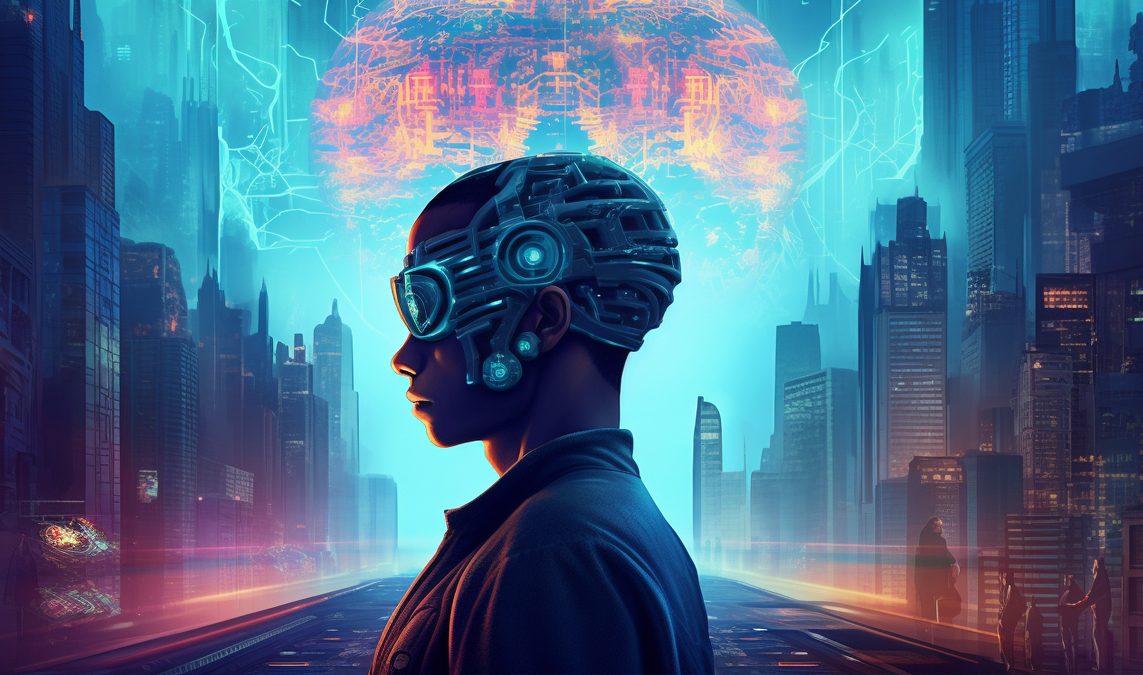What is an AI Intelligent Agent?
Artificial intelligence (AI) has become a pivotal part of our digital landscape, driving innovation across industries. At the core of many AI systems is the concept of an AI intelligent agent. These agents are not just software programs—they are decision-making entities capable of perceiving their environment, reasoning, and taking action to achieve specific goals.
In this article, we’ll dive deep into the nature of AI intelligent agents, explore their various types, understand how they function, and examine their growing importance in the modern world. As AI continues to evolve, intelligent agents will undoubtedly play an even greater role in shaping our future.
Defining an AI Intelligent Agent
An AI intelligent agent is any autonomous system that perceives its environment through sensors and acts upon that environment using actuators to achieve a goal. More importantly, it does so intelligently—meaning it can analyze data, learn from it, and make informed decisions.
These agents are designed to operate independently, making real-time decisions without human intervention. Furthermore, they adapt their behavior based on feedback, which enhances their performance over time.
Key Components of an AI Intelligent Agent
To fully grasp how an AI intelligent agent functions, it’s essential to understand its foundational components:
Sensors – These gather data from the environment.
Actuators – These are the tools used by the agent to act on its environment.
Perception Module – It processes raw data into useful information.
Reasoning Module – It evaluates situations and makes decisions.
Learning Module – This allows the agent to improve over time.
Each component plays a vital role in ensuring that the agent can fulfill its objectives effectively.
Types of AI Intelligent Agents
There are several different types of AI intelligent agents, each suited for specific tasks:
1. Simple Reflex Agents
These agents operate on condition-action rules. They respond to specific environmental conditions with predefined actions. Although fast, they lack the ability to learn or plan.
2. Model-Based Reflex Agents
These are more advanced than simple reflex agents. They use an internal model of the world, which enables them to handle partially observable environments more efficiently.
3. Goal-Based Agents
These agents go beyond immediate responses by considering future consequences. They aim to achieve specific goals by evaluating possible actions and selecting the most effective one.
4. Utility-Based Agents
Not only do these agents pursue goals, but they also evaluate how desirable each outcome is. By maximizing utility, they make more nuanced decisions.
5. Learning Agents
Learning agents improve over time by analyzing their own behavior and the results it yields. This adaptability makes them extremely powerful in complex and dynamic environments.

Real-World Applications of AI Intelligent Agents
The use of AI intelligent agents spans across numerous industries. Here are just a few of the most prominent applications:
Autonomous Vehicles: Self-driving cars use intelligent agents to process real-time data and make driving decisions.
Healthcare: Virtual assistants and diagnostic tools act as intelligent agents to support patient care.
Finance: AI bots make investment decisions and detect fraudulent transactions.
Customer Service: Chatbots powered by intelligent agents provide instant, 24/7 assistance.
Smart Homes: Devices like thermostats and lighting systems use intelligent agents to optimize energy usage and enhance comfort.
Clearly, these agents are not only theoretical—they are practical tools driving efficiency and innovation in daily life.
The Benefits of AI Intelligent Agents
The growing adoption of AI intelligent agents can be attributed to several benefits:
Autonomy: Once deployed, these agents require minimal human supervision.
Scalability: Agents can manage large volumes of data and complex decision-making processes with ease.
Speed: They make decisions faster than humans, especially in high-stakes environments.
Consistency: AI intelligent agents perform tasks consistently without fatigue or error.
Adaptability: Learning agents continue to evolve, becoming more effective over time.
These advantages underscore why businesses and institutions are increasingly investing in intelligent agent technologies.
Challenges and Ethical Considerations
Despite the benefits, deploying AI intelligent agents also raises some challenges:
Transparency: It’s often difficult to understand how an agent made a specific decision.
Bias: If trained on biased data, the agent may perpetuate unfair practices.
Security: Intelligent agents can be targeted by cyberattacks, leading to significant vulnerabilities.
Accountability: Determining who is responsible for an agent’s actions can be complex.
To mitigate these concerns, developers must prioritize transparency, fairness, and safety throughout the agent’s lifecycle.
The Future of AI Intelligent Agents
To mitigate these concerns, developers must prioritize transparency, fairnesAs AI research continues to advance, the role of the AI intelligent agent will expand dramatically. We can expect agents that can collaborate with humans more seamlessly, understand natural language more deeply, and make decisions that align more closely with human values.s, and safety throughout the agent’s lifecycle.
Moreover, the rise of general artificial intelligence may bring about agents capable of performing any intellectual task that a human can. While this remains a distant goal, current trends indicate steady progress.
Conclusion
The concept of the AI intelligent agent lies at the heart of artificial intelligence innovation. These agents bring together perception, reasoning, learning, and action in a unified system that can operate independently and adaptively.
From healthcare and finance to transportation and customer service, the applications are vast and growing. However, with this power comes responsibility. Developers and organizations must ensure that these agents are designed ethically and used for the greater good.
As we look to the future, one thing is clear: AI intelligent agents are not just tools of the future—they are essential parts of our present.







